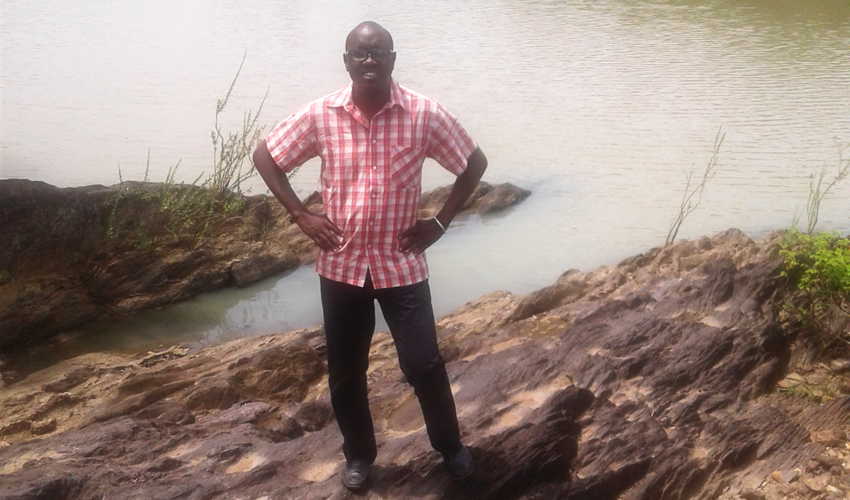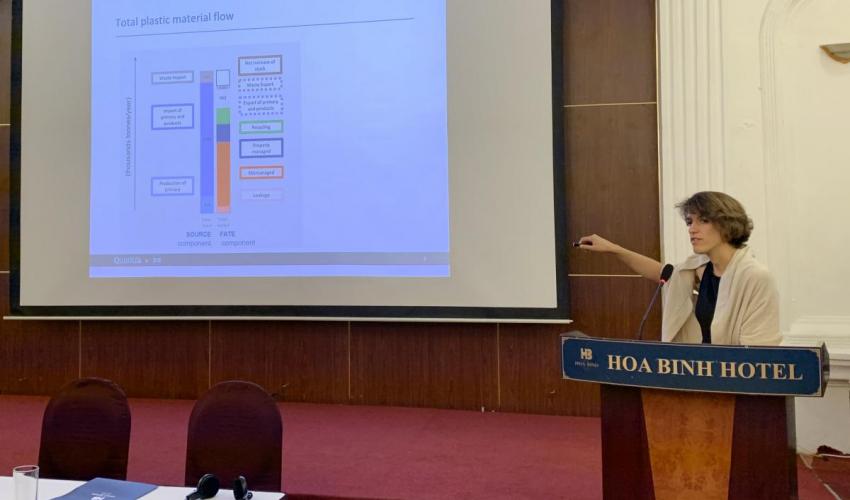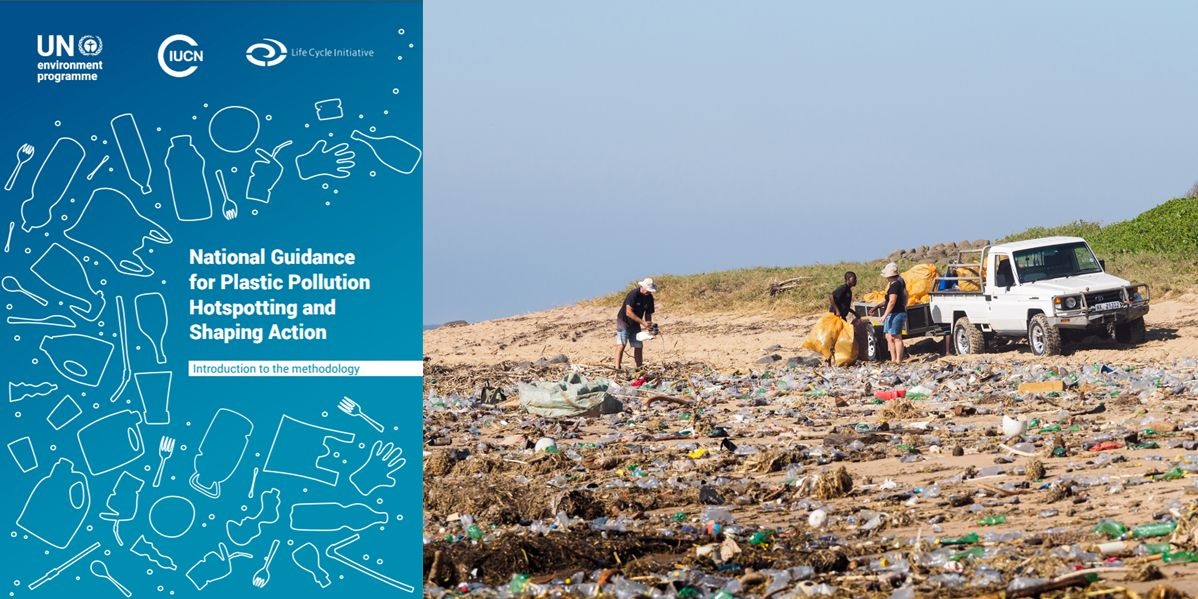IUCN welcomes Total’s ‘no-go’ commitment in World Heritage sites
Oil and gas company Total has confirmed that it will not carry out extractive operations within natural World Heritage sites, including Virunga National Park. IUCN welcomes this decision and calls on all oil and gas companies to follow suit.

Photo: IUCN Photo Library © G.Collin
IUCN, which is the official advisory body to UNESCO on natural World Heritage, has made repeated calls in the past on extractive industries and governments that licence their activities to stop oil and gas exploration and exploitation within World Heritage sites. Until now, Royal Dutch Shell plc was the only oil and gas company to have made such a commitment. Total’s commitment has now been officially communicated in a letter to the UNESCO World Heritage Centre.
“Total’s commitment clearly shows that operating in World Heritage sites is not an option for responsible extractive industries,” says Julia Marton-Lefèvre, IUCN Director General. “It gives us hope that the oil and gas, and mining sectors as a whole will fully embrace their shared responsibility towards the conservation of our planet’s most valuable and irreplaceable places. We call on all extractive companies, and the governments who regulate them, to declare World Heritage sites as ‘no-go’ zones.”
Threats from the extractive industry are particularly serious in Africa, where one in four natural sites is affected. Virunga National Park in the Democratic Republic of the Congo has been at highest risk in recent years, after the Congolese Government granted permits to carry out exploration in the park.
Total’s ‘no-go’ commitment takes some of the pressure off Virunga National Park. It also indicates that the company will respect the current boundaries of the park even if part of the park’s protection is removed. Despite Total’s announcement, another UK-based company SOCO is pursuing extractive operations in an area overlapping Virunga.
“State Parties to the World Heritage Convention and private companies need to respect the long-established principle that World Heritage sites are off-limits for the extractive industry,” says Tim Badman, Director of IUCN World Heritage Programme. “We welcome Total’s positive step torward the protection of natural World Heritage, and in particular for Virunga National Park and its spectacular wildlife.”
Virunga National Park is home to some 100 remaining mountain gorillas and ranks as one of the top biodiversity sites in Africa. It was established in 1925 as Africa’s first national park and in 1979 became one of the first World Heritage sites. It also features on the Ramsar List of Wetlands of International Importance.
Despite being listed as a World Heritage site in Danger for 20 years, threats to the park remain highly critical and include oil exploration, armed conflict, illegal wildlife trade and occupation.
Global response to the threats affecting World Heritage sites and other protected areas around the world will be discussed at the forthcoming IUCN World Parks Congress, to be held in from 12-19 November 2014 in Sydney, Australia.
For more information or to set up interviews, please contact:
Ewa Magiera, IUCN Media Relations, m +41 79 856 76 26, Ewa.Magiera@iucn.org
Célia Zwahlen, IUCN World Heritage Programme, t +41 22 999 0716 Celia.Zwahlen@iucn.org
Related content

He wanted to help make the communities skirting Niokolo Koba National Park in Senegal become a part...

IUCN’s Marine Plastics and Coastal Communities (MARPLASTICCs) initiative rolled out a series of...

From promoting innovative eco-design to banning the use of single-use plastic straws, efforts to...

Suscríbase a un boletín de la UICN.